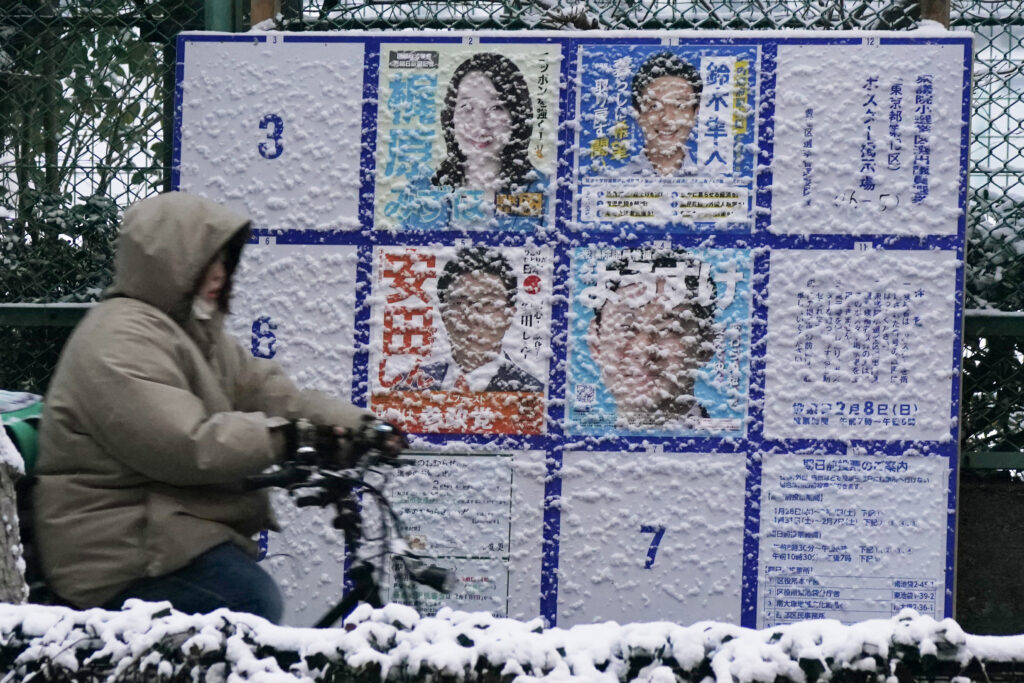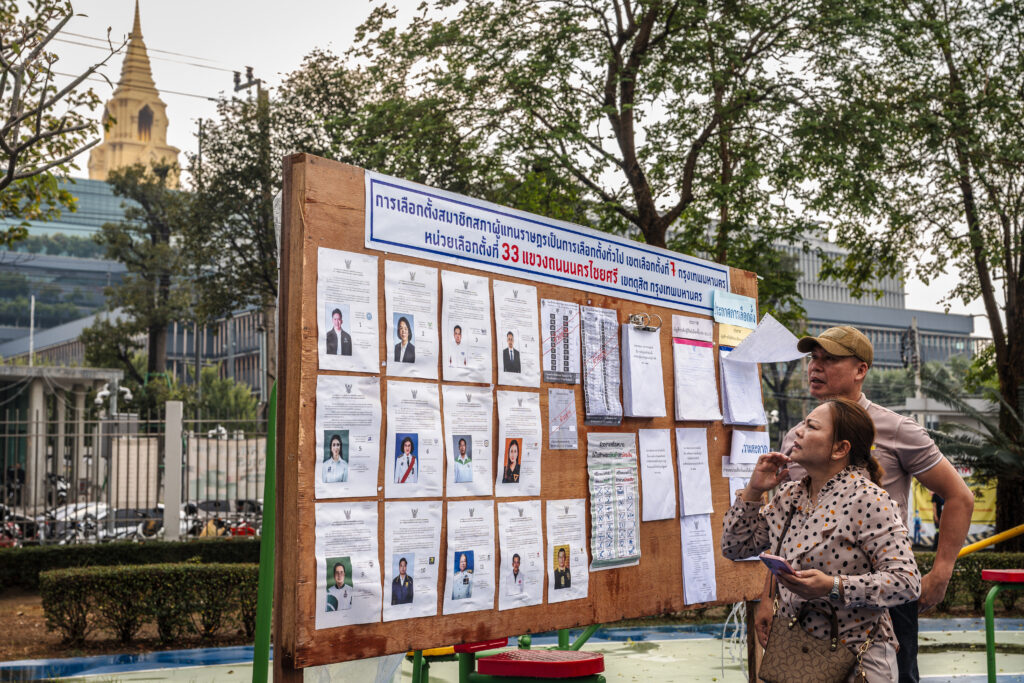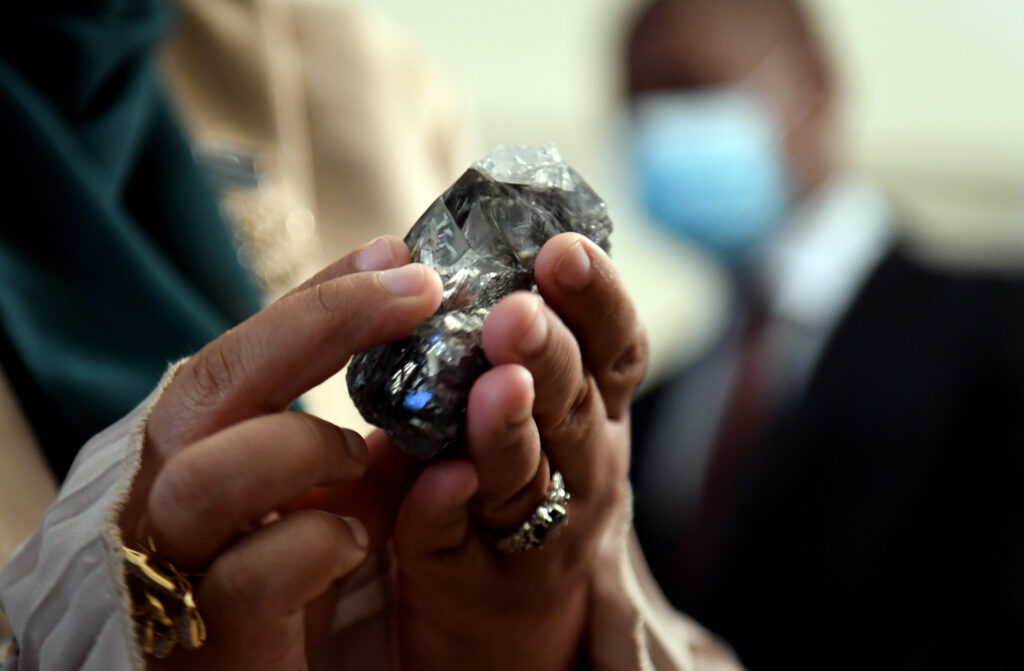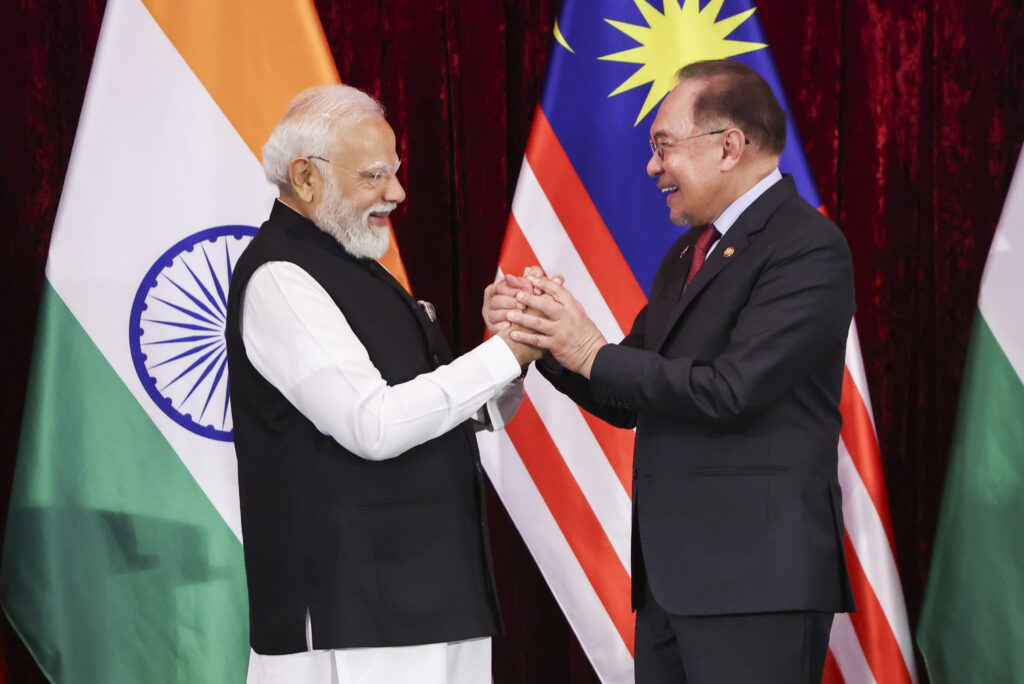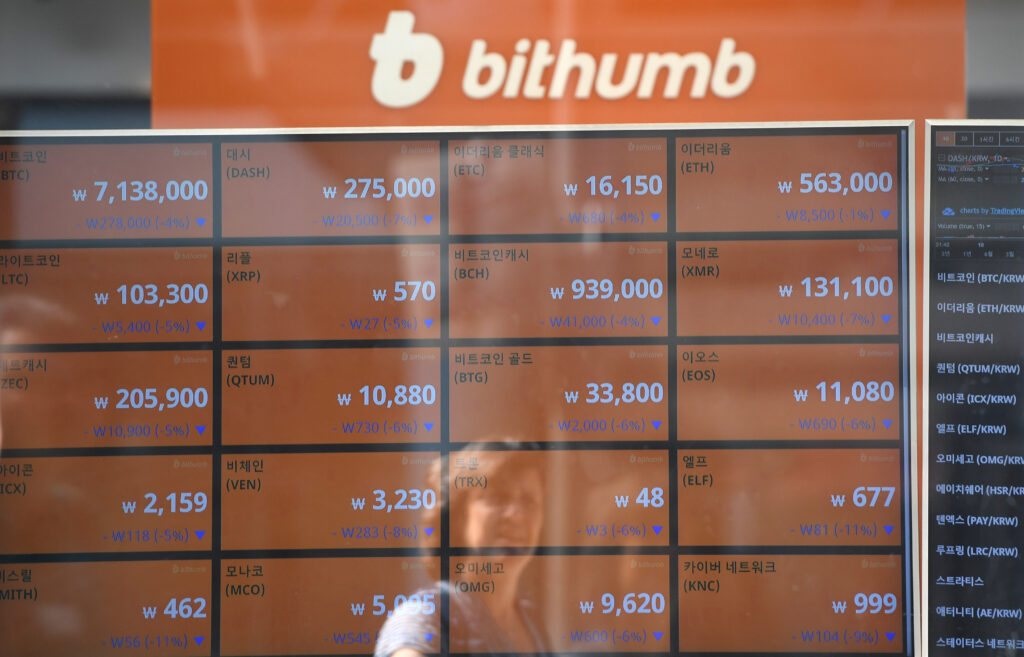Takaichi wins big in Japan election, media projections show
Japanese Prime Minister Sanae Takaichi was projected to have won a thumping victory in snap elections on Sunday, a result that could however rile China and worry financial markets.Capitalising on her honeymoon start as Japan’s first woman premier, Takaichi’s ruling bloc looked on course to have secured a two-thirds majority in the lower house, according to media estimates.If confirmed, it would be the best result for the Liberal Democratic Party (LDP) since elections in 2017 under Takaichi’s mentor, assassinated former prime minister Shinzo Abe.The LDP alone was seen winning about 300 of the 465 seats up for grabs, up from 198, and regaining a majority lost in 2024 — and potentially a super-majority on its own.”We received backing for Prime Minister Sanae Takaichi’s responsible, proactive fiscal policies and a strengthening of national defence capabilities,” LDP secretary general Shunichi Suzuki told Japanese media.The new Centrist Reform Alliance of the main opposition Constitutional Democratic Party (CDP) and the LDP’s previous partner Komeito looked to have lost more than two-thirds of its 167 seats.The anti-immigration Sanseito party was projected to have increased its seats from two to between five and 14, broadcaster NHK said.Takaichi has injected new life into the LDP, which has governed Japan almost non-stop for decades but which has shed support in recent elections because of unhappiness about rising prices and corruption.- A hit with voters -Takaichi, 64, was a heavy metal drummer in her youth, an admirer of Britain’s “Iron Lady” Margaret Thatcher, and on the ultra-conservative fringe of the LDP when she became party chief and prime minister in October.She has defied pessimists to be a hit with voters, especially young ones, with fans lapping up everything from her handbag to her jamming to a K-pop song with South Korea’s president.But she will have to deliver on the economy.”With prices rising like this, what matters most to me is what policies they’ll adopt to deal with inflation,” Chika Sakamoto, 50, told AFP at a voting station in a snowy Tokyo on Sunday.”Prices for just about everything are really going up, but incomes aren’t rising much, so our disposable income is shrinking,” she said.- Pandas and public debt -However, Takaichi has not had everything her own way, particularly with regard to worries about her stewardship of the public finances of Asia’s number-two economy.She followed up a $135 billion stimulus package aimed at easing the pain of inflation — a big cause of voter discontent — with a campaign promise to suspend a consumption tax on food.Japan’s debt is more than twice the size of the entire economy, and in recent weeks yields on long-dated bonds have hit record highs, causing jitters worldwide.”Various parties are proposing policies like abolishing the consumption tax. While that might be fine for now, I’m very worried about whether such measures are truly responsible for the generations that come after us,” voter Taku Sakamoto, 49, told AFP.”My biggest concern is not just the present, but what will become of Japan going forward,” he said.Takaichi’s election triumph may also cause consternation in Beijing.Barely two weeks in office, Takaichi — seen before assuming the premiership as a China hawk — suggested that Japan could intervene militarily if Beijing sought to take self-ruled Taiwan by force.China regards the democratic island as part of its territory and has not ruled out force to annex it.With Takaichi having days earlier pulled out all the stops to welcome US President Donald Trump, Beijing was furious with her unscripted remarks.It summoned Tokyo’s ambassador, warned its citizens against visiting Japan and conducted joint air drills with Russia. Japan’s last two pandas were even returned to China last month.Trump has not publicly weighed in on the spat but endorsed Takaichi last week as a “strong, powerful, and wise Leader, and one that truly loves her Country”.Margarita Estevez-Abe, associate professor of political science at Syracuse University, said the China episode raised Takaichi’s popularity even more.”Now she doesn’t have to worry about any elections until 2028, when the next upper house elections will take place,” Estevez-Abe told AFP before the election.”So the best scenario for Japan is that Takaichi kind of takes a deep breath and focuses on amending the relationship with China.”
